New AI Tool Uses Microorganisms to Track Recent Locations
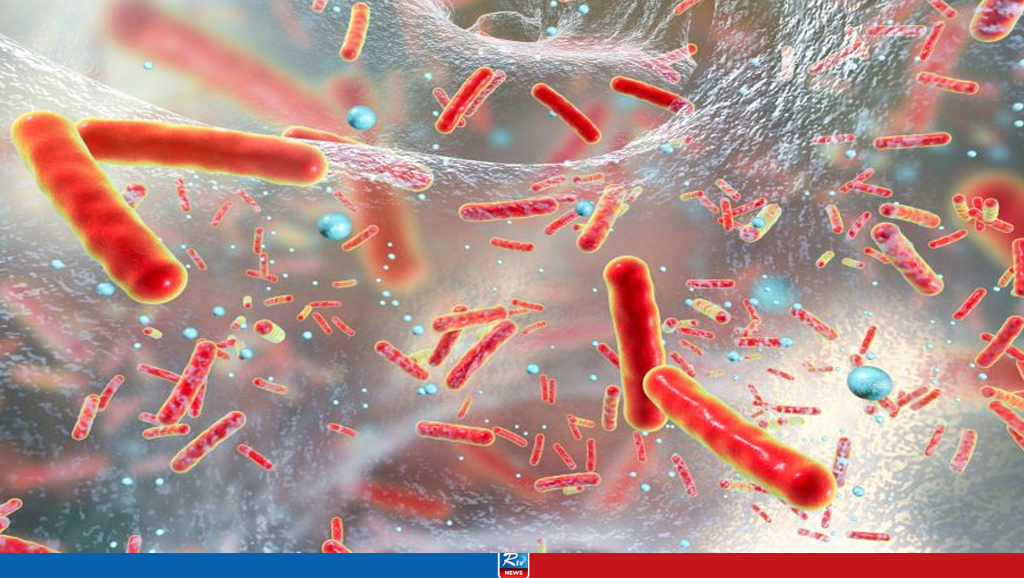
Researchers have unveiled an innovative AI tool that can pinpoint recent locations by examining microorganisms collected from a person’s body. Published in Genome Biology and Evolution, the study shows that each environment hosts unique microbial communities, which act like "microscopic fingerprints" with distinct geographical signatures.
By analyzing these microbes, the tool can determine if someone has recently visited places like beaches, train stations, or parks.
Developed at Lund University in Sweden, this tool—unlike traditional GPS—relies on the Microbiome Geographic Population Structure (mGPS) model. It leverages AI to examine microorganisms such as bacteria, fungi, and algae, which differ by location and leave clues about where a person has been.
According to researcher Eran Elhaik, “By tracing where your microorganisms have been, we can track disease spread, identify infection sources, and even aid criminal investigations.”
To train the AI, scientists gathered extensive microbiome data from diverse environments, including urban and soil samples across 18 countries and marine samples from nine water bodies.
Remarkably, the mGPS tool accurately identified the city source for 92% of urban samples. It even distinguished samples from two Hong Kong subway stations only 564 feet apart, though accuracy was lower in London, potentially due to the Underground’s less maintained stations.
This advancement opens doors to applications in medicine, epidemiology, and forensics, with accuracy expected to improve as more data is gathered.
Comments
Elon Musk’s AI Chatbot ‘Grok’ Ignites Healthcare Innovation Debate

ASEF Executive Committee Meeting Held in Singapore

Notable Deaths of 2024

John Alfred Tinniswood, World’s Oldest Man, Dies at 112
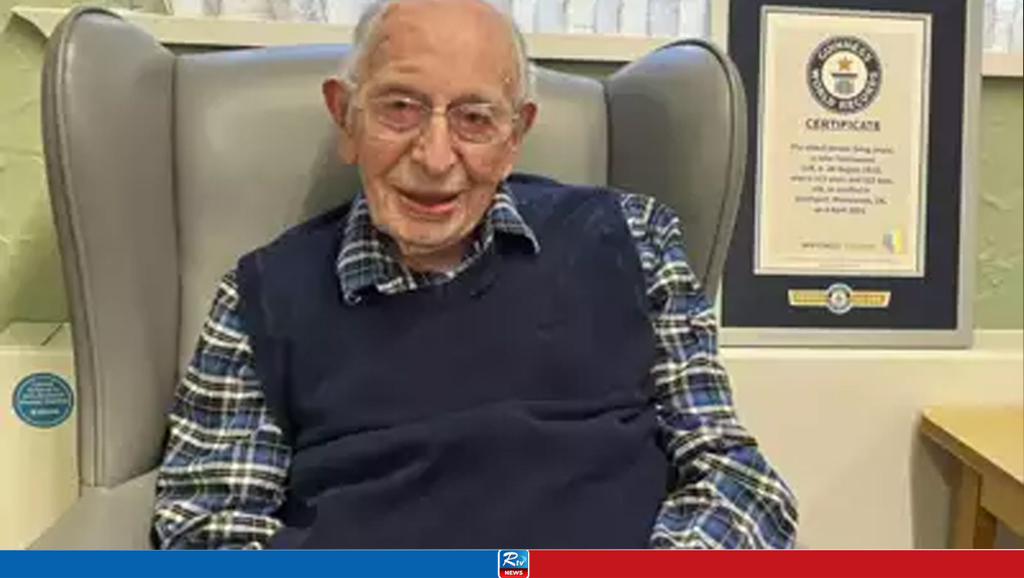
Special Weather Bulletin on Cyclone Fengal
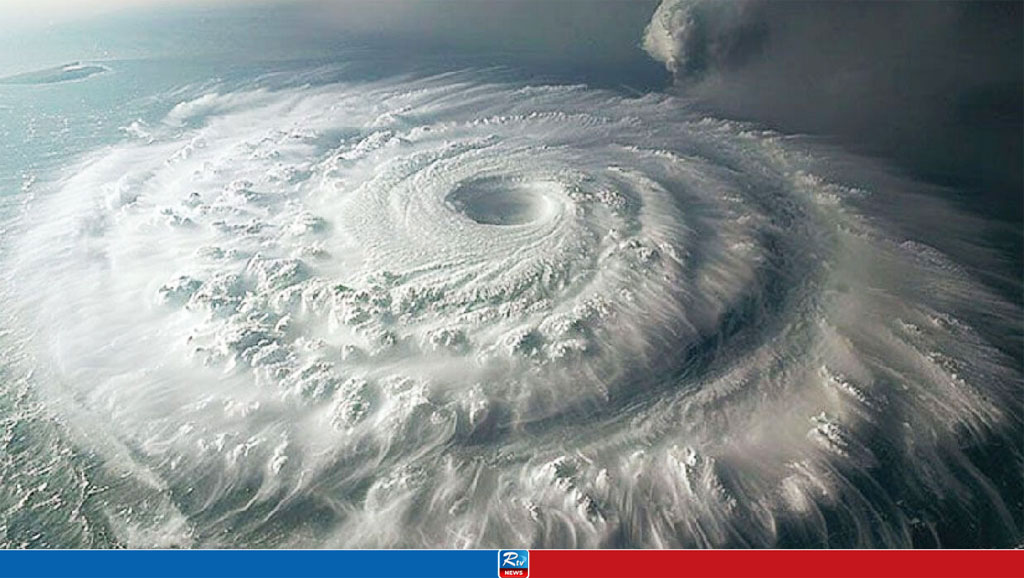
SSC Form Fill-up Fee Increased
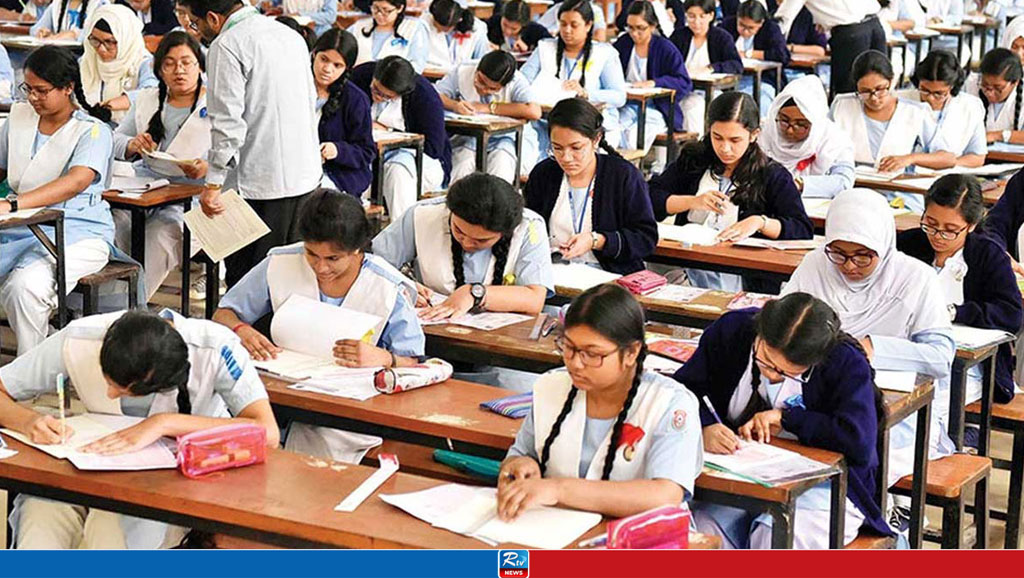
Dengue Claims 47 Lives in A Week
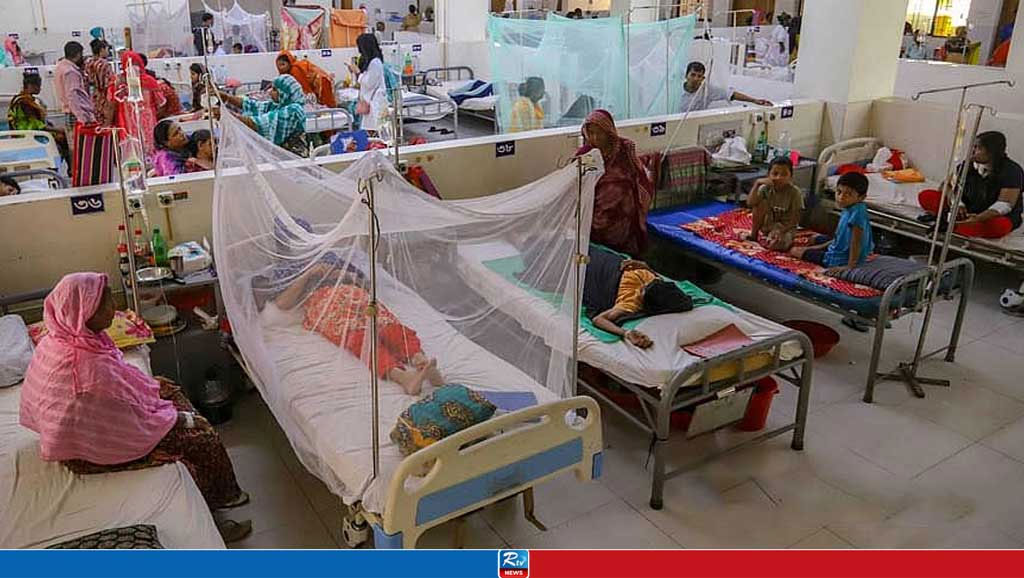

 Live Tv
Live Tv

